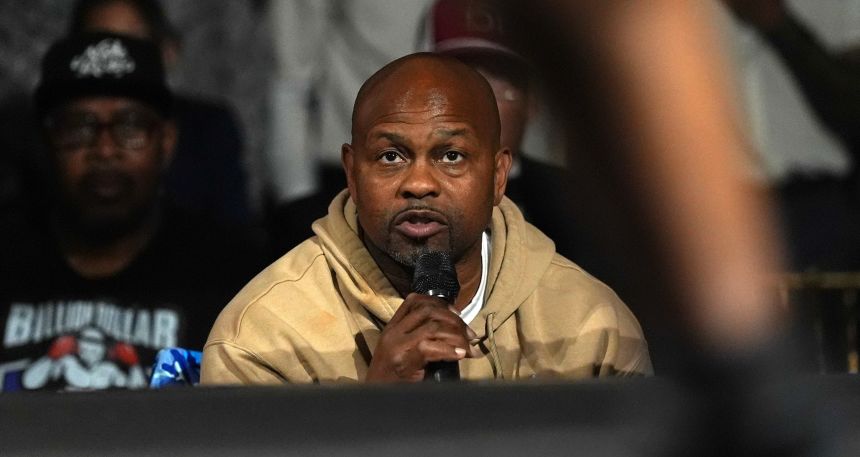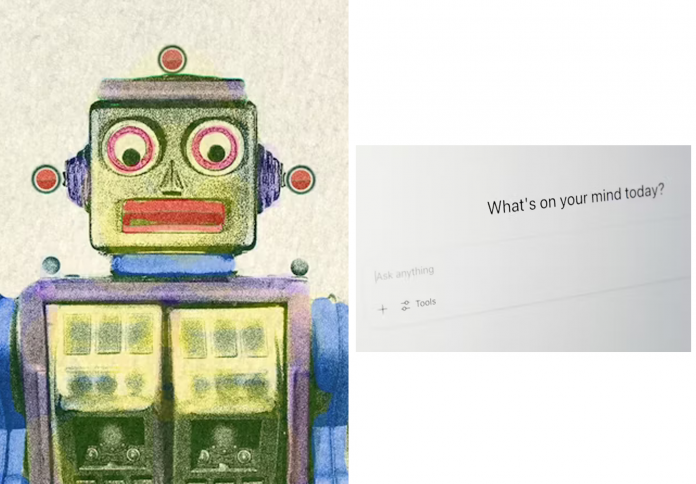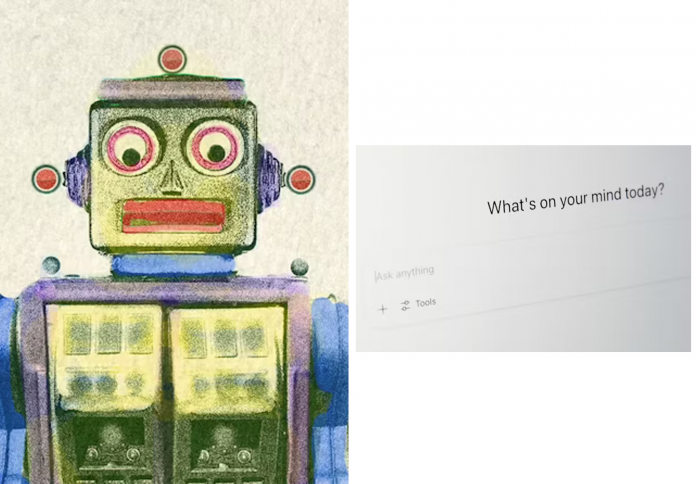One of the most infamous judging scandals in Olympic history has finally found a remarkable and moving conclusion, more than three decades after the lights went down at the Seoul 1988 Summer Games. Boxing legend Roy Jones Jr. has been formally presented with the light middleweight Olympic Gold Medal, not by an international sporting committee, but by the man who controversially received it on that fateful night: South Korea’s Park Si-hun. The extraordinary act of sportsmanship took place during a surprise, deeply private meeting at Jones’s ranch in Florida, where Park handed over the prize and said simply, “It belongs to you.” This profoundly human gesture serves as a powerful acknowledgment of a historical injustice that haunted both men for a lifetime and provides a rare moment of genuine moral reckoning in the often-sullied world of international amateur sport.
The Light Middleweight Controversy: A Robbery in Seoul
The men’s light middleweight final on October 1, 1988, instantly became a dark mark on the history of amateur boxing. American teenager Roy Jones Jr. had dominated the competition, showcasing a speed, style, and defensive wizardry that made him the clear favourite for gold. In the final, he faced the host nation’s Park Si-hun in a bout that, to nearly every observer, was utterly one-sided.

Statistics from the contest paint a stark picture: Jones landed 86 clean punches compared to just 32 for Park. The American was relentless, forcing the referee to administer a standing eight-count to the Korean in the second round. Despite Jones’s clear dominance throughout all three rounds, the judges delivered a shocking 3-2 split decision in favour of Park. The roar of the hometown crowd was drowned out by the audible gasps and boos of the neutral audience. As a form of silent apology, Jones was later awarded the Val Barker Trophy for the most stylish boxer of the Games—a title that only highlighted the injustice he endured, having been denied the gold medal he had so clearly earned.
The Burden of the Medal: Two Fighters, One Shared Pain
The controversial decision had a profound and lasting impact, casting a shadow over the subsequent careers and lives of both boxers. For Roy Jones Jr., the robbery served as powerful fuel. Vowing never to leave a fight’s outcome in the hands of the judges again, he embarked on one of the most successful professional careers in history, becoming a four-division world champion and an undisputed pound-for-pound king. Yet, the Olympic gold remained the one prestigious honour that was unjustly snatched away, a constant source of frustration.
Park Si-hun’s life, conversely, was burdened by an unwanted title. He immediately retired from the sport, choosing not to pursue a professional career, and became a high school physical education teacher. Park admitted to being deeply ashamed and even apologized to Jones immediately after the final, knowing he hadn’t deserved the win. He carried the medal—and the guilt it represented—for decades, confessing in later interviews that the emotional turmoil caused by the victory pushed him to severe depression and, at one point, thoughts of suicide.
The Defining Gesture: “It Belongs to You”
The decades-long saga reached its emotional peak in May 2023 when Park Si-hun travelled from South Korea to the United States for an unannounced visit. Accompanied by his son, Park surprised Jones at his Pensacola, Florida ranch. The moment of reconciliation, captured on video and recently shared by Jones, is a powerful testament to personal integrity.

Standing hand-in-hand in the boxing ring at Jones’s facility, Park’s son translated his father’s words: “I had the gold medal, but I want to give it back to you. It belongs to you.” Jones, overwhelmed, covered his face in disbelief before emotionally accepting the medal. For Jones, this was more than just receiving a piece of metal; it was a deeply personal act of validation and closure. He stressed that he never blamed Park, but rather the corrupt system, noting that Park had suffered just as much as he had from the injustice. The act, Jones remarked, spoke less about Park as an opponent and more about him as a person.
The Legacy of Change: Reforming Amateur Boxing
While the belated gesture offers personal healing, the Seoul 1988 scandal had a critical and far-reaching legacy that forced systemic change upon amateur boxing. The blatant corruption—with reports suggesting that certain judges had been wined and dined by Korean officials—was too egregious to ignore.
Following the backlash, two of the three judges who voted for Park were banned for life from judging Olympic boxing. More significantly, the International Amateur Boxing Association (AIBA) was pressured to discard the old, subjective five-judge system. The scandal directly accelerated the adoption of the more mechanical punch-counting scoring system (eventually evolving into the current 10-point must system) in an effort to remove human bias and political manipulation from the sport. Although these reforms didn’t entirely eliminate controversy in subsequent Games, the Jones-Park fight remains the gold standard—or perhaps the black mark—that demonstrated the urgent need for transparency and fairness in Olympic judging.










